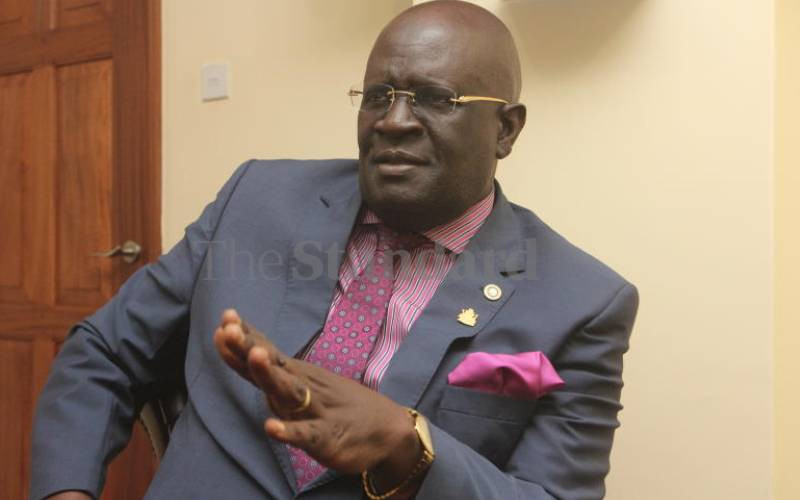×
The Standard e-Paper
Home To Bold Columnists

The death of former Education Cabinet Secretary Prof George Magoha, 71, closes a vibrant chapter in education policymaking and leadership.
It was a chapter marked by unmatched commitment to educational reforms, but equally coloured by controversy and missteps.